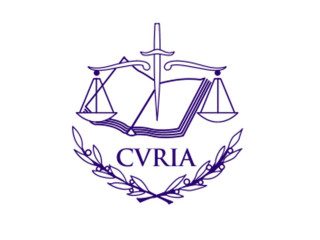Case-law of the Court of Justice of the European Union: Credibility of an applicant's averred sexual orientation
The Court of Justice of the European Union has issued a case-law in relation to international protection and protection of human rights in the case of alleged persecutions because of an applicant's sexual orientation.

When applications for international protection under the criteria of membership of a particular social group, in which falls sexual orientation, are submitted to Member States' authorities, the credibility of the applicant's averred sexual orientation is put into question.
This situation raises a broad conceptual question as to whether EU law limits the actions of Member States when assessing requests for asylum made by an applicant who fears persecution in his/her country of origin on grounds of his/her sexual orientation. It gives rise to difficult and delicate issues concerning, on the one hand, the rights of individuals such as personal identity and fundamental rights and, on the other hand, the position of Member States when applying measures of minimum harmonisation, namely the Qualification Directive and the Procedures Directive in the gathering and assessment of evidence relating to applications for refugee status. In addressing those issues further questions arise.
Consequently, to clarify the assessment of facts and circumstances, the Court of Justice of the European Union has issued a case-law on 2 December 2014.
The main conclusions of the Court are as follows:
- Any application is subject to an assessment of the facts and circumstances in line with Article 4 of Directive 2004/83. That assessment aims to establish whether the applicant's account is credible; and in concluding their examination the competent authorities must comply with the Charter of Fundamental Rights of the European Union, in particular Article 3 (Right to the integrity of the person) and 7 (Respect for private and family life) thereof.
- An applicant’s averred statement of his own sexual orientation is an important element to be taken into account. By contrast, practices such as medical examinations, pseudo-medical examinations, intrusive questioning concerning an applicant’s sexual activities and accepting explicit evidence showing an applicant performing sexual acts are incompatible with Articles 3 and 7 of the Charter; and general questions from competent authorities based on stereotypical views of homosexuals are inconsistent with assessment of the facts relating to a particular individual required by Article 4(3)(c) of Directive 2004/83
The case-law can be read here in English.